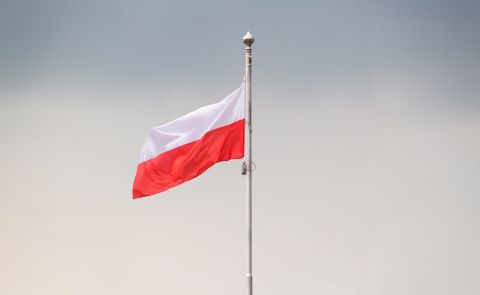
Georgian NGOs and EU ambassador reflect on the 19 April agreement
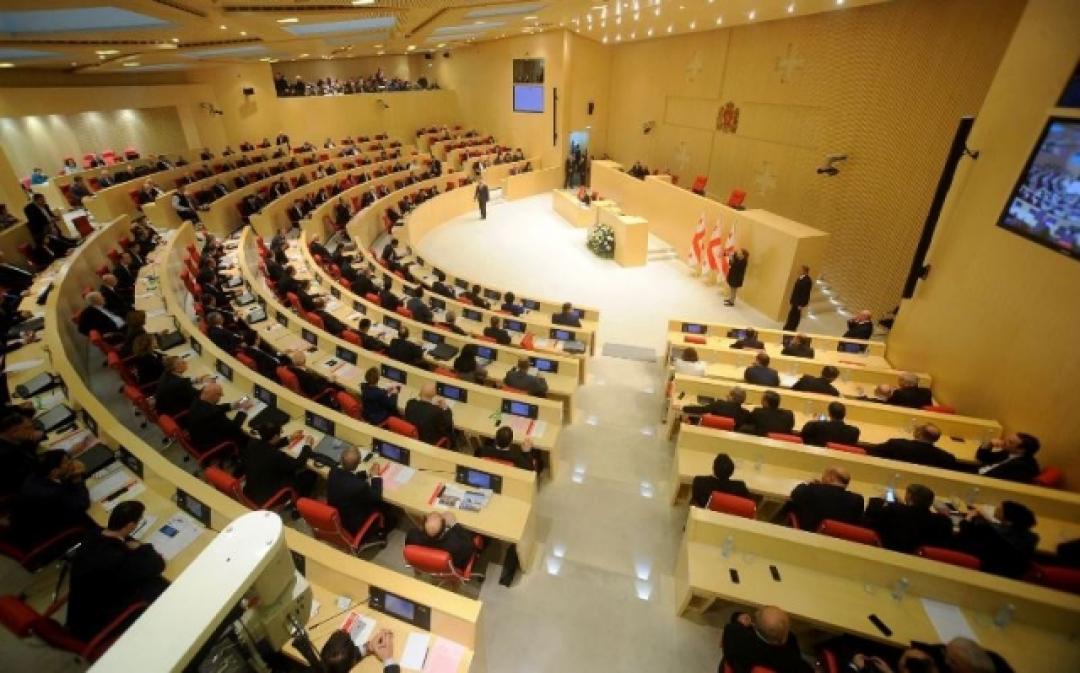
On 9 February, the Open Society Georgia Foundation, Georgian Democracy Initiative, International Society for Fair Elections and Democracy, and Transparency International Georgia presented their key findings on the implementation of the European Union-mediated April 19 agreement between the Georgian government and opposition. The review highlighted that the ambitious electoral reform was partly carried out in the country while pointing out that the fulfilment of judicial reforms almost failed, reported agenda.ge.
In the field of electoral reforms, the NGOs pointed out that most of the agreement’s stipulations have been partly implemented, such as a fully proportional election system, lowering of the threshold for local elections to 2.5% in Tbilisi and up to 3% in the rest of the country, as well as staffing of central, district, and precinct election commissions. They also noted that, per a draft constitutional bill, the next two parliamentary elections will be conducted on a fully proportional system with a 2% threshold, adding the process of voting on the bill is underway in the parliament and therefore the reform has not been fully completed yet.
On the other hand, the NGOs highlighted that an initiative to cancel parties’ election registration in cases where agitation is carried out by foreign citizens has not been reflected in the legislation in accordance with the agreement. The report also added that another term of the agreement, on state funding of parties not being tied to their use of mandates, has not been considered.
The judicial reforms within the agreement have not been implemented, including suspension of the government-initiated process of appointing judges to the Supreme Court. The organisations say the first secret ballot of the list of candidates has been abolished and the procedure of public hearing after registration has been established along with “similar procedural improvements,” however noting these “clearly fail to meet the demand for a fundamental transformation of the judiciary amid a severe political crisis in the country, ongoing mediation with international partners and distrust of the judiciary.” The report further notes that an issue of independence and impartiality of the High Council of Justice of Georgia remains challenging “despite four waves of reform.” It also touches upon “an irreplaceable rule” for the appointment of the prosecutor general, if supported by a simple majority of MPs. The report says, “the original version of the constitutional amendment, which called for election of the prosecutor general by a three-fifth majority by the next two convocations of the parliament, more or less met the requirement of political consensus.”
The report also reviewed two more directions of political reforms: power distribution in the parliament and response to perceptions of a politicised judiciary. It highlighted that in terms of power distribution in the parliament, none of the stipulations of the agreement have come into effect, saying that the Jean Monnet Dialogue, a platform for facilitating mediation of dialogue and crisis management between Georgian political parties, has not been launched. As for the response to perceptions of a politicised judiciary, the NGOs highlighted that proposed changes partly met with the terms of the agreement, naming the adoption of an amnesty bill for the June 2019 protests and the release of opposition-minded Mtavari Arkhi TV co-founder Giorgi Rurua and opposition leader Nika Melia, as examples.
The EU ambassador to Georgia Carl Hartzell also commented on the milestones of the agreement, expressing his disappointment over the fact that the agreement was not transformed into a “joint action in a lasting manner.” He also underscored that the agreement may not be the only way to fulfil Georgia's European aspirations, but it offers “one credible way.” “If not that way, then what way? Is the question that begs an answer. The European Union will always stand by Georgia’s side, but the consolidation of the country must be borne and owned by Georgia and by the Georgians,” he added.
See Also

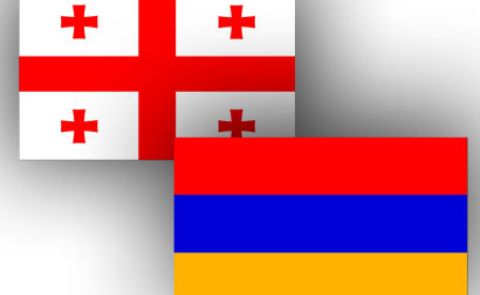
Armenia Temporarily Halts Brandy Exports Amid Georgian Border Congestion

Political and Religious Conflict Intensifies Over Armenian Apostolic Church Leadership
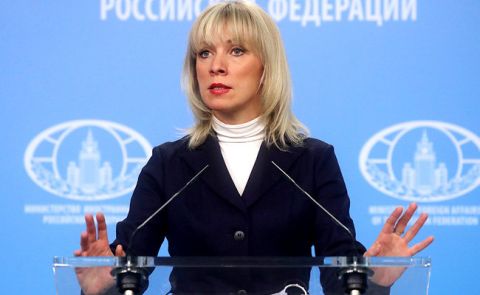
Maria Zakharova Warns Azerbaijan to Respect Russia’s Sensitivities on NATO Expansion, Criticizes EU Mission in Armenia
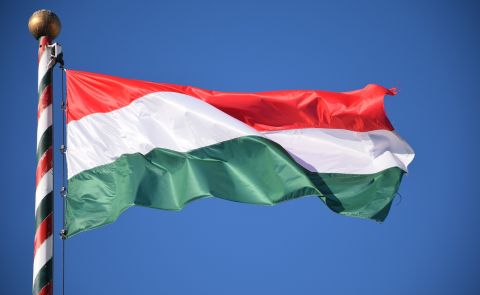
Hungary Provides Expert Assistance to Georgia’s EU Integration Process
